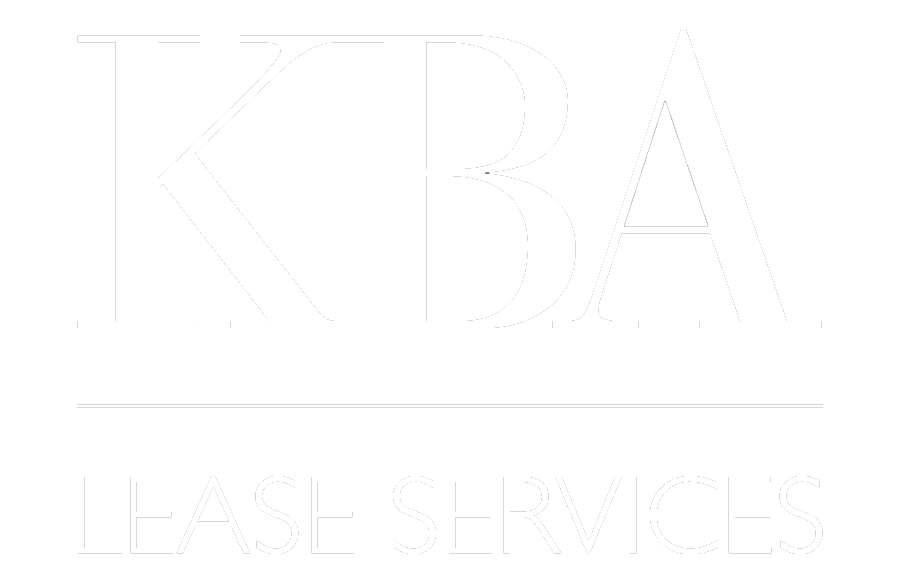“We’ve retained a lease audit firm and they’ll contact you to set up an appointment.”
Landlords often dread the news. They rarely anticipate anything positive from a lease audit. They also fear that the lease audit firm may waste their time and drive a wedge between them and their “customer,” the tenant. But is this fear justified? What is the audit all about? What is the tenant seeking?
Tenants simply want to make sure that they are being billed in accordance with their deals – not more and not less. They do not seek to renegotiate their deals or extract funds to which they are not entitled.
The Purpose of a Lease Audit
Lease audits are needed because it is difficult to keep lease charges consistent with the underlying business deal between landlord and tenant. Leases are very complex documents; the operating expense and tax provisions alone cover many pages. Anyone who has negotiated a lease knows how difficult it is to get the deal just “right.” Both parties do their best to produce a document that reflects the underlying business understanding.
Unfortunately, the documents are never perfect. Many provisions do not go into sufficient detail to provide clear guidance to property managers for their billing process. Many terms are not defined, and rely instead on general phrases such as, “similar to other buildings in the market,” or “as if the building had been fully occupied.” Furthermore, property managers and tenant lease administrators are rarely tapped for their practical experience into how these clauses should be drafted. As a result, these vagaries create room for differing interpretations and a margin for error.
Furthermore, it is very difficult for property managers to keep track of the myriad of lease clauses in their buildings when they prepare their billings. Different clauses may require different treatments of the same expense. A significant amount of time is needed to pay close attention to these differences, and many landlords cannot devote such resources to the process.
Given the imprecision of lease language and the difficulty of tracking differences across lease portfolios, leases are very susceptible to billing errors and landlords should not interpret their audits as a sinister activity. Tenants are simply trying to manage their costs and maintain proper contract compliance.
Interference with Landlord-Tenant Relationships
In terms of interfering with the overall landlord-tenant relationship, lease audits should have little or no impact. This, of course, assumes the audit firm understands the complexities of leases, knows how to bridge the gap between language and the practical management of building costs, and has the skill to communicate issues clearly and effectively. The relationship between tenant and landlord is much larger than a lease audit, and provided the audit firm works within that relationship, the audit should remain nothing more than a part of the tenant’s normal due diligence.
Conclusion
How should a landlord react to news of an impending lease audit? It should provide the audit firm with all of the information needed to fulfill its assignment quickly so that the process moves efficiently and with minimum disruption of the parties’ relationship.
